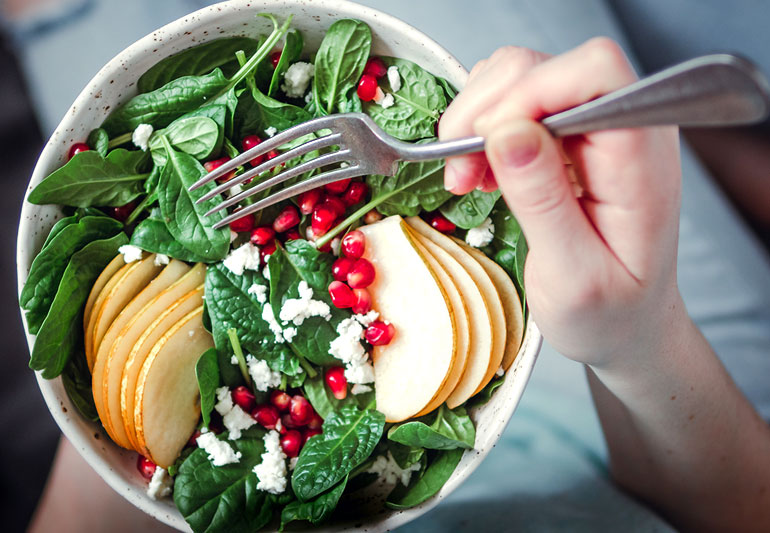
Cancer, a formidable adversary to human health, continues to challenge medical science and impact countless lives worldwide. However, emerging research is shedding light on the powerful role that our eating habits play in cancer prevention. As the saying goes, “you are what you eat,” and adopting a nutritious and balanced diet can be a proactive step toward reducing the risk of cancer. In this article, we explore the ways in which our dietary choices can be harnessed as a tool for cancer prevention.
The Science Behind Nutritional Influence
The link between diet and cancer risk is multifaceted and is influenced by various factors, including the types of foods we consume, their nutrient content, and how they interact with our bodies at a cellular level. Nutrients such as vitamins, minerals, antioxidants, and dietary fiber contribute to a healthier immune system, optimal cellular function, and reduced inflammation – all of which are key factors in cancer prevention.
Embracing a Plant-Centric Diet
Plant-based diets, rich in fruits, vegetables, whole grains, legumes, nuts, and seeds, have been associated with a lower risk of various types of cancer. The abundance of antioxidants and phytochemicals found in plant foods helps combat oxidative stress, a factor known to contribute to the development of cancer.
Colorful Palette of Protection
Vibrantly colored fruits and vegetables, such as berries, citrus fruits, leafy greens, and carrots, contain an array of bioactive compounds. These compounds, including flavonoids, carotenoids, and anthocyanins, have been shown to possess powerful anti-cancer properties. For instance, lycopene in tomatoes is linked to reducing the risk of prostate cancer, while sulforaphane in cruciferous vegetables is associated with lower rates of various cancers.
Fiber’s Shielding Effect
Dietary fiber, found in whole grains, legumes, fruits, and vegetables, is a vital component of cancer-preventive diets. Fiber aids in maintaining a healthy digestive system, regular bowel movements, and supporting gut microbiota. Additionally, fiber helps regulate blood sugar levels, reducing the risk of obesity and associated cancers.
Choosing Lean Protein Sources
When it comes to protein, opting for lean sources such as poultry, fish, legumes, and plant-based proteins like tofu and tempeh is beneficial. Reducing consumption of processed and red meats is advised, as these have been linked to an increased risk of colorectal cancer.
Healthy Fats and Omega-3s
Incorporating healthy fats, like those found in avocados, nuts, seeds, and fatty fish, can provide a dose of essential nutrients. Omega-3 fatty acids, specifically, have demonstrated anti-inflammatory and anti-cancer properties. Consumption of fatty fish like salmon, mackerel, and sardines can contribute to overall health and cancer prevention.
Limiting Sugar and Processed Foods
Diets high in added sugars and processed foods have been linked to obesity and metabolic disorders, which increase the risk of various cancers. Reducing sugary beverages, snacks, and processed foods while choosing whole, unprocessed options is a prudent approach.
Moderation and Balance
While specific foods offer cancer-fighting benefits, moderation and balance remain key principles. A well-rounded diet that includes a variety of nutrient-rich foods helps ensure that the body receives a spectrum of protective compounds.
Conclusion
Our dietary choices hold the power to influence our health on a cellular level. By embracing a plant-centric, nutrient-rich diet, we can reduce the risk of cancer and promote overall well-being. While no diet guarantees immunity from disease, the evidence suggests that incorporating cancer-preventive foods can significantly contribute to our health journey. In the battle against cancer, the fork can be a powerful ally, reminding us that each meal is an opportunity to nurture our bodies and fortify our defenses against this formidable foe.
Related Articles & Free Vermont Maturity Magazine Subscription

Better Choices for Surprisingly Unhealthy Foods
Curious About CBD? Here’s What it Can and Cannot Do for You






Comment here